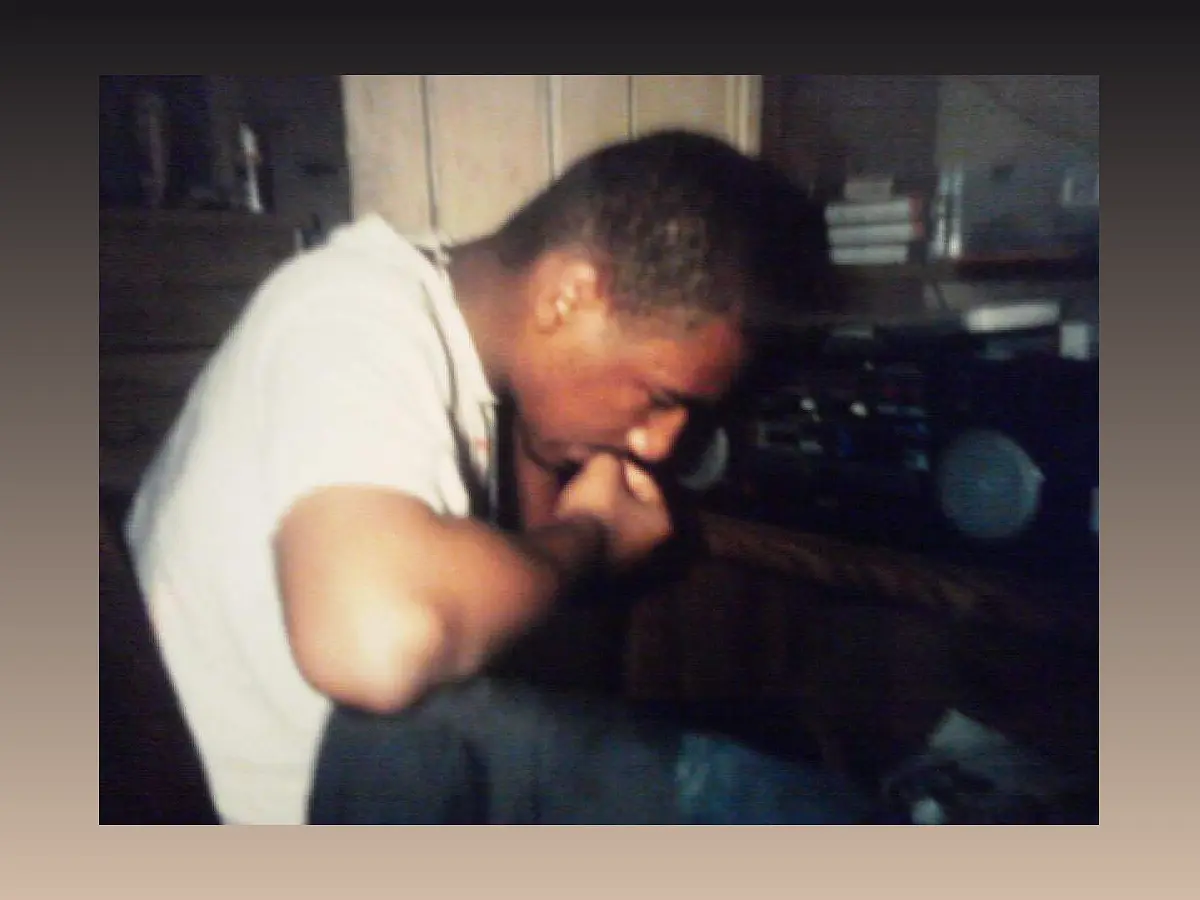In the late 1970s and '80s, Boston's mainstream radio stations overlooked rap, relegating it to late-night airtime. However, college radio stations like MIT's WTBS and Northeastern's WRBB provided a platform for the genre to thrive. Join me as we delve into the impact of college radio on Boston's hip-hop scene, exploring the artists, shows, and venues that shaped the city's vibrant rap culture.
The Role of College Radio Stations
Explore how college radio stations provided a platform for rap music in Boston
College radio stations like WTBS and WRBB played a crucial role in bringing rap music to the forefront of Boston's music scene. These stations offered airtime to artists who were often overlooked by mainstream radio.
By dedicating shows specifically to rap music, college radio stations provided a platform for local artists to showcase their talent and gain recognition. This exposure allowed the Boston hip-hop scene to flourish and develop its unique sound.
Late-Night Airplay and Underground Appeal
Discover how late-night airplay and underground appeal shaped the perception of rap music
Rap music was often relegated to late-night airplay on college radio stations. This underground appeal added to the mystique and allure of the genre, attracting a dedicated fanbase.
Unlike mainstream stations that played more conventional genres, college radio stations embraced the raw and unfiltered nature of rap music. This allowed for greater artistic expression and experimentation within the Boston hip-hop scene.
Live Performances and Networking Opportunities
Explore how college radio stations provided live performance opportunities for local artists
College radio stations like WZBC and WHRB became venues for live performances by Boston's hip-hop artists. These shows not only allowed artists to showcase their music but also provided networking opportunities within the local music community.
Artists could perform their latest tracks on-air, connecting with fans and gaining exposure. The support from college radio stations helped foster a sense of community and collaboration among Boston's rap artists.
The Influence on the Modern Massachusetts Rap Scene
Learn how college radio stations paved the way for the modern Massachusetts rap scene
The impact of college radio stations on Boston's hip-hop scene cannot be overstated. They provided a platform for artists like Concrete Click, T-Max, and Mr. Lif, who paved the way for the modern Massachusetts rap scene.
Without the support and exposure from college radio stations, the indie/underground rap explosion of the late '90s may not have happened. These stations played a crucial role in shaping the sound and identity of Massachusetts rap.

